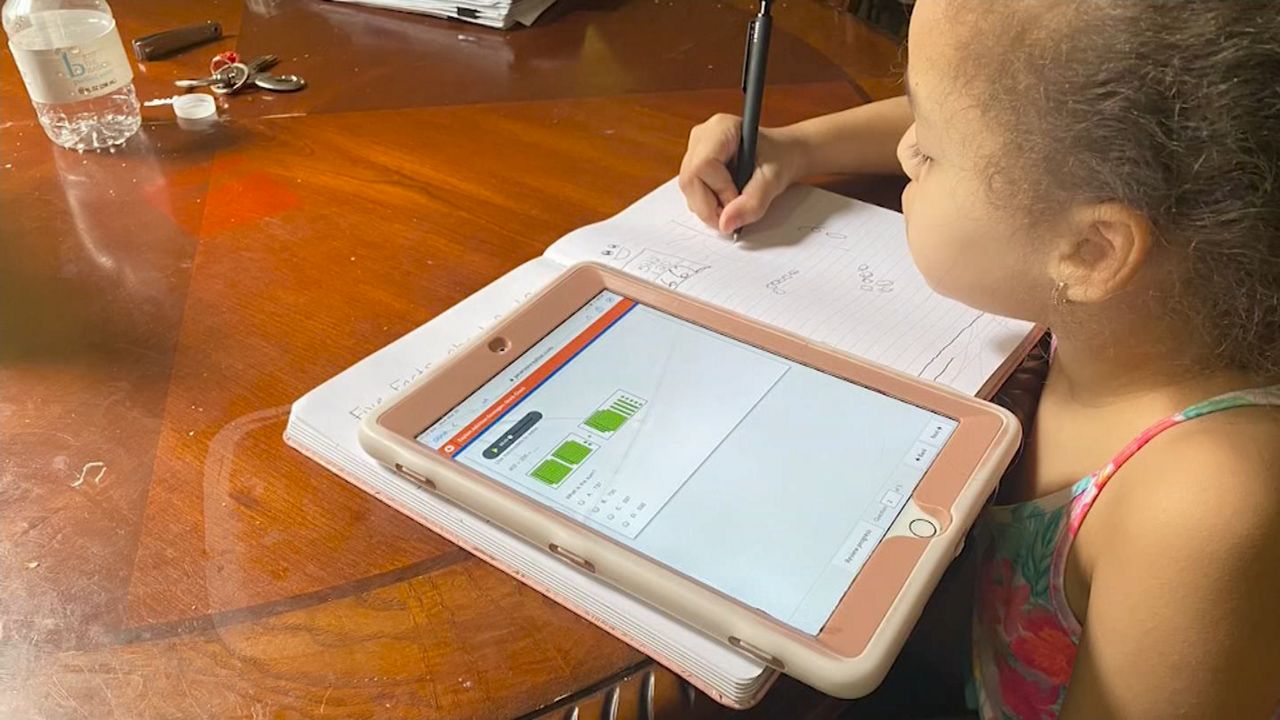NEW YORK - More than 200,000 public school students have disabilities, part of a special education system that advocates say struggles to meet children's needs even on good days.
"It's a tough place to be if you have a child with a disability, and if you feel like they're not getting the supports and services in the best of times, in some of the harder times, like we are in right now, it must be terrifying," said Maggie Moroff, Special Education Policy Coordinator, Advocates for Children.
For children with disabilities, it's not just learning that now must happen remotely because of the pandemic. The students also need supports like counseling or speech, occupational or physical therapy. For some parents, that made the school closures especially upsetting.
"When I heard the news on a Sunday, I cried," said Grisel Cardona.
Bronx mom Grisel Cardona has three children, all with special needs. Her oldest son has been struggling to learn on a laptop.
"His anxiety levels went from here to a thousand because he does have a processing delay, a mix of dyslexia and all this other stuff. The change of routine was so difficult,” said Cardona.
Her youngest son was receiving early intervention, including applied behavior analysis therapy.
"I do see the regression. For my two year-old, he started head banging again and it took a long time for him to not have him do that," said Cardona.
And her daughter receives speech therapy, which can be tricky to do remotely.
"It's difficult because sometimes a video might be a little slow but the mouth is moving ahead so how would that speech work?" asked Cardona.
Still, some parents see a silver lining. Sharmilee Ramudit has been able to better understand one of her son's needs by watching him learn.
"I'm personally learning so much more about how he thinks and what it is that's making him so frustrated with the academic work,” said Sharmilee Ramudit, a parent.
The Education Department says it will use video and telephone conferencing tools to provide required therapies and counseling, and is working to complete individual plans for each student.
"We’re prioritizing, what are the needs of students and then connecting with parents and families and the caregiver or the service provider to have a plan for how those services are going to be provided,” said Schools Chancellor Richard Carranza.
Even with remote services, some advocates fear some special needs students will simply fall further behind.
"There's going to be regression for some of these students and what's going to be the plan for dealing with it on the other end?" said Moroff.



